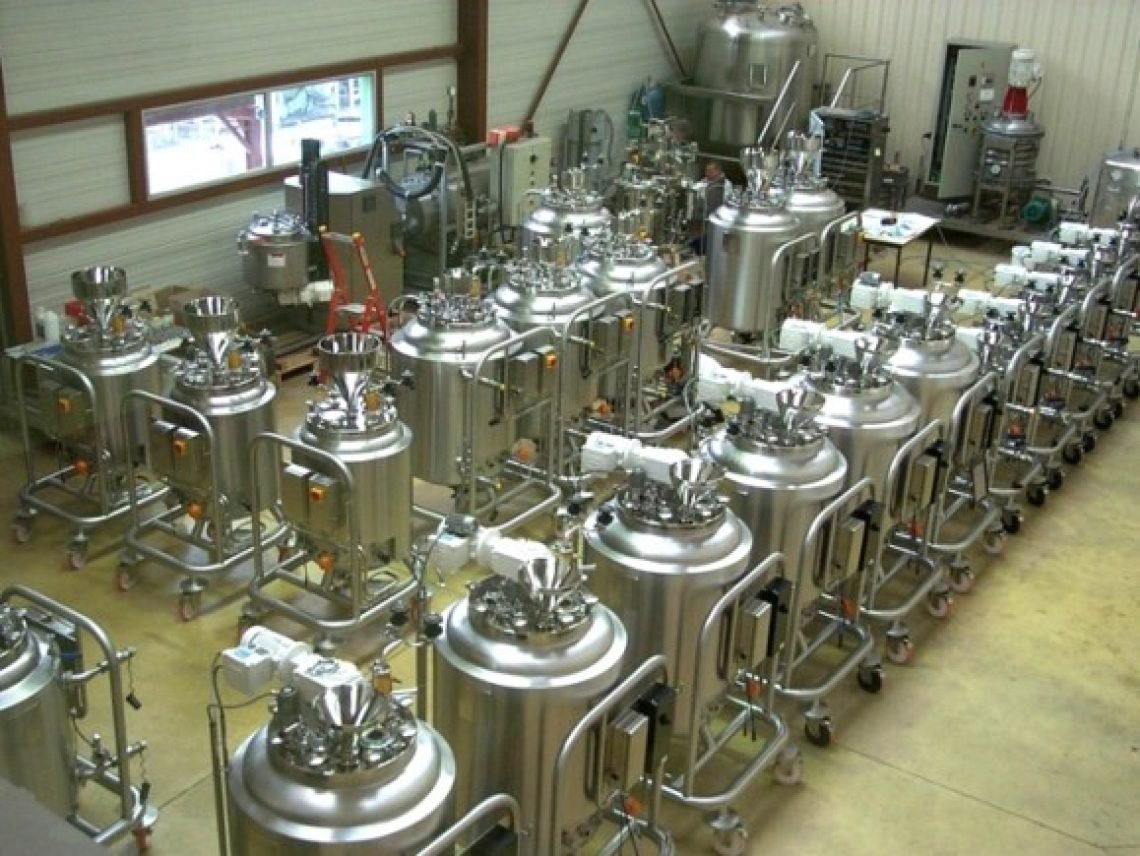Example of a Vessel Underway

Table of Contents
ToggleUnderstanding the Concept of a Vessel Underway
When we discuss the idea of a vessel underway, we’re diving into an essential maritime concept. But what exactly does it mean? At its core, a vessel underway isn’t always anchored, moored, or grounded.
Definition of a Vessel Underway
A vessel is considered underway if it is not tied to the shore, anchored, or grounded. This includes vessels that are moving under their own power, sailing, or even drifting with the current.
Importance of Identifying a Vessel Underway
Recognizing when a vessel is underway is vital for maritime safety. For instance, it helps determine the right of way, prevent collisions, and adhere to international maritime legal guidelines. Additionally, industries reliant on maritime operations, such as oil and gas, public works, power generation, and biogas, benefit significantly from these standards. Notably, adhering to them can reduce costly accidents and enhance operational efficiency.
Common Examples of Vessels Underway
Cargo Ships
Cargo ships are the backbone of global trade, continuously moving goods across vast oceans. While underway, these massive vessels require precise navigation to avoid collisions and ensure timely delivery of cargo.
Passenger Ships
From cruise liners to ferries, passenger ships transport people across seas and rivers. Therefore, ensuring these vessels are properly underway is crucial for passenger safety and enjoyment.
Fishing Vessels
Fishing vessels, whether small trawlers or large manufacturing ships, are frequently underway as they search for prime fishing grounds. Their operations often involve changing locations, making it essential to understand their movement while underway.
Recreational Boats
Recreational boats, including yachts and speedboats, are commonly underway, especially during peak boating seasons. For recreational users, understanding navigation guidelines and spotting other vessels is crucial for safe and enjoyable outings on the water.
Key Characteristics of a Vessel Underway
Propulsion and Movement
One key feature of a vessel underway is its movement through water. This movement may rely on engines, sails, or natural currents, enabling the vessel to travel from one location to another.
Absence of Anchorage or Mooring
A vessel is considered underway only when it is not anchored, moored, or grounded. This freedom of movement distinguishes it from stationary vessels.
Navigational Equipment in Use
Vessels underway use a variety of navigational equipment to ensure safe passage. This includes radar, GPS, and AIS (Automatic Identification System), all of which are vital for monitoring a vessel’s direction and function.
Need a reliable partner?
Frequently Asked Questions (FAQs)
What is the distinction between a vessel underway and a vessel making way?
A vessel underway refers to any vessel that isn’t anchored, moored, or grounded. In this state, the vessel can drift or be transferred through the water. On the other hand, a vessel making way specifically indicates movement powered by its own energy—whether through an engine, sails, or other means.
How do maritime laws practice for vessels underway?
Maritime laws are essential for maintaining order and safety at sea. For example, the International Regulations for Preventing Collisions at Sea (COLREGs) set precise rules that vessels underway must follow, including proper signaling, speed limits, and navigation practices. These guidelines help vessels avoid collisions and operate safely.
What styles of protection are required for vessels underway?
Maintenance is crucial for vessels underway. Regular inspections of propulsion systems, navigational devices, hull integrity, and safety equipment ensure smooth operations. Engines and sails require frequent checks to maintain optimal performance. Additionally, navigational tools like radar, GPS, and AIS must be calibrated and functional. Safety systems, such as life jackets, lifeboats, and fire extinguishers, also need routine checks to remain reliable.
How does climate affect vessels underway?
Weather plays a significant role in the safety and navigation of vessels underway. For instance, rough seas, high winds, and poor visibility can make steering challenging. Crews must monitor weather forecasts continuously to make informed decisions. If conditions worsen, they may need to adjust their course or seek shelter.
What schooling do group individuals need for operating a vessel underway?
Crew members managing a vessel underway require comprehensive training in navigation, safety protocols, emergency procedures, and equipment maintenance. Familiarity with maritime legal guidelines is also essential. Regular drills and ongoing education prepare the crew to handle unexpected situations and ensure smooth operations while underway.
Solutions
In the realm of industrial solutions, Red River emerges as a pioneer, offering a diverse range of custom-engineered products and facilities. Among our specialties is the design and production of Custom/OEM Pressure Vessels, meticulously crafted to meet individual client requirements, ensuring performance under various pressure conditions. Our expertise extends to the domain of prefabrication, where Red River leads with distinction.
The company excels in creating prefabricated facilities, modules, and packages, reinforcing its stance as a forerunner in innovation and quality. This proficiency is further mirrored in their Modular Skids offering, where they provide an array of Modular Fabricated Skid Packages and Packaged equipment. Each piece is tailored to client specifications, underlining their commitment to delivering precision and excellence in every project they undertake.
